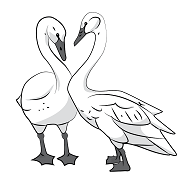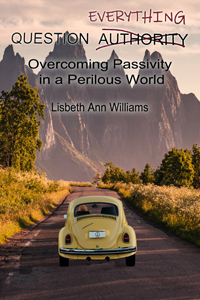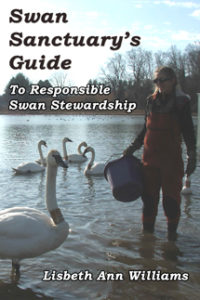Every cloud has its silver lining. Every difficult period that we have experienced in our lives has taught us something. The COVID pandemic has done just that for many people. The interruption to life as we had known it reminded us that nothing lasts or stays the same forever. These past couple of years have caused many people to rethink the way they have been living their lives. For many, they began to worry about the availability of food that they had become to rely on. They decided it might be time to learn how to garden.
Those who lack a basic understanding of soil and seed, want to buy the cheapest packet of seeds, plant them and wait, hoping that they will soon have bushels of vegetables just like those depicted on the seed packet. Depending on the type of soil they have, they might actually get some to grow; but some basic knowledge is needed here. If the ground has not sufficiently warmed to where nighttime temperatures stay well above freezing, the seeds will have a very slow start – if they germinate at all. If they live in a northern locale, cold temperatures may descend again before summer garden plants have enough time to mature and be harvested. Poor soil with an abundance of weeds can overtake a garden in the blink of an eye. The lack of biodiversity, or plants that attract pollinators, can prevent pollination; and poor watering and mulching practices can invite pests. If an inexperienced gardener encounters problems, they may run to the nearest garden center seeking advice, where they will be directed to a plethora of chemically derived fertilizers, herbicides, and pesticides. These quick fixes, of course, never solve the problems.
The MOST important first step in any garden is to analyze and feed the soil. The soil is the living, breathing, substance of life itself. Without healthy soil, your garden stands very little chance of providing you with those fresh vegetables that you dream of. Secondly, the seeds you spend your money on should be heirloom, non-genetically modified, resilient seeds that come from a reputable source. In the past, farming practices, as well as home gardening methods, have tried to force the environment to fit the plant. Indigenous cultures that rely on wisdom, have learned to care for the seeds that are already acclimated to a specific environment. A native New Mexican farmer who has been protecting the seeds passed down from his ancestors, refers to the seeds as “children.” He practices the “three sisters” method of growing, where beans are planted in such a way that they can grow up the corn stalk and squash is planted around them to provide shade. He says that most people “have forgotten how important food is because it’s become so accessible to us.”
I think it would behoove all people to have a basic knowledge of how to grow food and also how to cook. Too many have forgotten that these skills are imperative to our survival. These are the skills that should be taught in schools. Knowing history, or how to market a product, or balance a checkbook will not help us when we are hungry.



